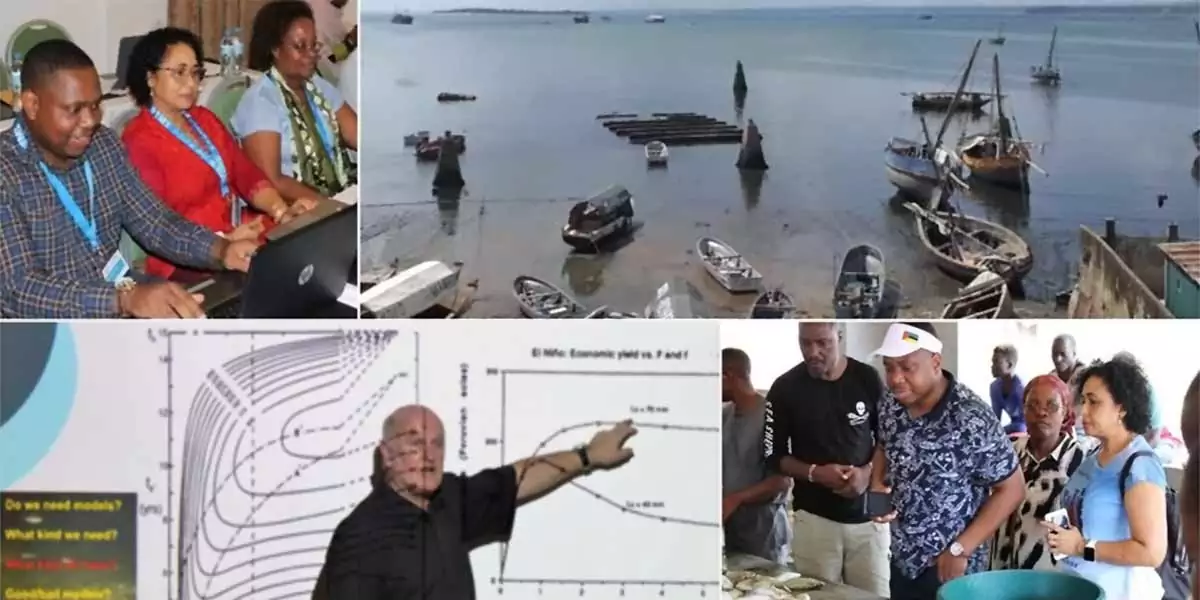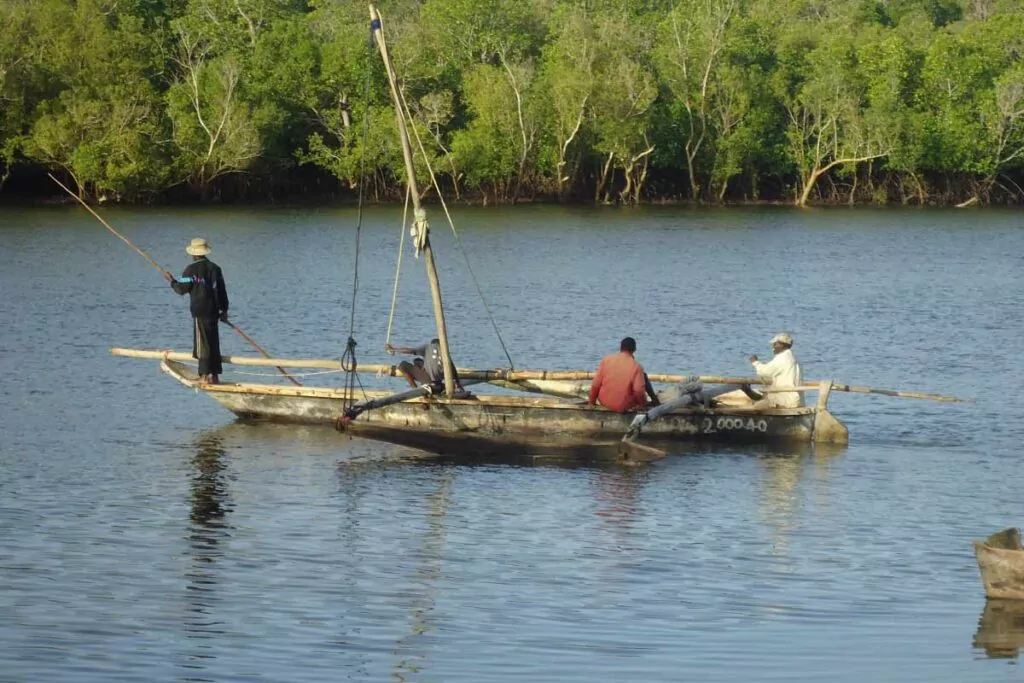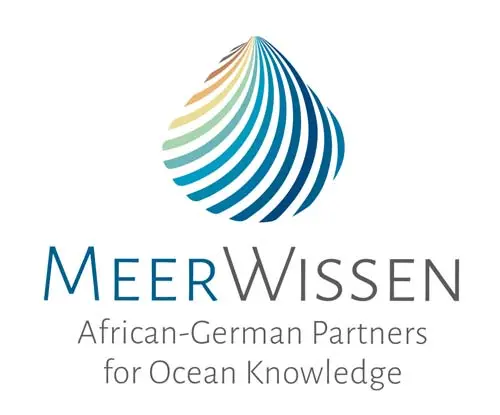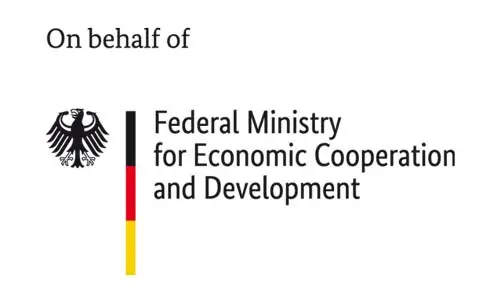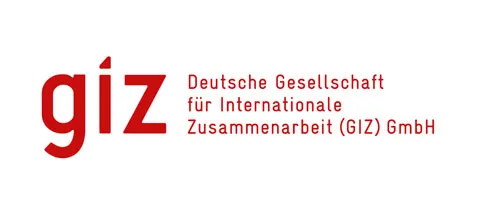The Fishing Data East Africa (FiDEA) project was introduced on January 15 as part of a series featuring each of the 12 MeerWissen projects to provide insights into project activities, share lessons learned and discuss possible synergies. Please find a recording of the FiDEA webinar in this article to watch the presentation and discussion, or download the PowerPoint slides.
Marine living resources in East Africa are under threat, particularly by increased fishing effort, unsustainable fishing practices and the effects of accelerating climate change. SDG 14.4 due in 2020 has not been achieved. Most countries in the Western Indian Ocean (WIO) region lack sufficient data and expertise to fulfil commitments to SDG 14.4. The lack of data to fully describe their fisheries hinders their ability to make well-informed decisions with regards to a sustainable fisheries management.
FIDEA is a partnership project, which has been co-designed with the National Fisheries Research Institutes in Mozambique, Tanzania and Zanzibar to address these challenges by developing a regional framework for the collection, sharing and analysis of fisheries data. FiDEA aims to strengthen a science-based decision-making process supporting sustainable fisheries management at the national and regional level.
The project has made some remarkable progress since the project’s first kick-off workshop took place in Dar es Salaam, Tanzania in September 2019. Workshops and targeted training events have built strong partnerships and networks between fisheries managers and decision makers. The implementation of science-based management plans greatly improved the ability of the two countries to report their progress on SDG target 14.4 through building a solid scientific database. In particular, the first indicator of the SDG (14.4.1) was targeted by the project, requiring countries to determine the proportion of fish stocks within biologically sustainable levels, meaning an abundance that can produce the maximum sustainable yield (MSY).
However, there are serious data collection challenges in the region due to lack of capacity and coordination, leading to poor data quality and fragmented data. Priorities for achieving SDG 14 targets from FIDEA’s perspective included strengthening institutional capacity, governance and methodologies, providing technical advice on procedures, and improving data distribution and sharing data across institutions.
The project built strong relationships between FAO, WIOMSA, and FiDEA research institutes in Africa and Germany to meet national needs for essential fishery data collection, monitor the health of the fisheries resources and to contribute to the regional commitments to report on the proportion of fish stocks, which are sustainably fished (SDG 14, target 14.4). There is strong interest that this cooperation is sustained in the region, at least over the upcoming UN Decade of Ocean Science for sustainable development.
A pilot course for training in fisheries data collection and stock assessment in the region has revealed the great interest in – and need for further – training in stock assessment in the WIO region. To enable long-term sustainability of the approach, the project will be sustained through a “network of support” that includes online courses, webinars, and other digital tools, as well as on-site training when conditions permit, possibly in coordination with FAO fisheries experts.
The main researchers involved in the project are:
- Dr. Paul Tuda (Leibniz Centre for Tropical Marine Research, Germany)
- Prof. Dr. Matthias Wolff (Leibniz Centre for Tropical Marine Research, Germany)
- Dr Saleh Yahya (Institute of Marine Sciences, Zanzibar, Tanzania)
- Rushingisha George (Fisheries Research Institute, Tanzania)
- Isabel Chauca (National Institute of Fisheries Research, Mozambique)

